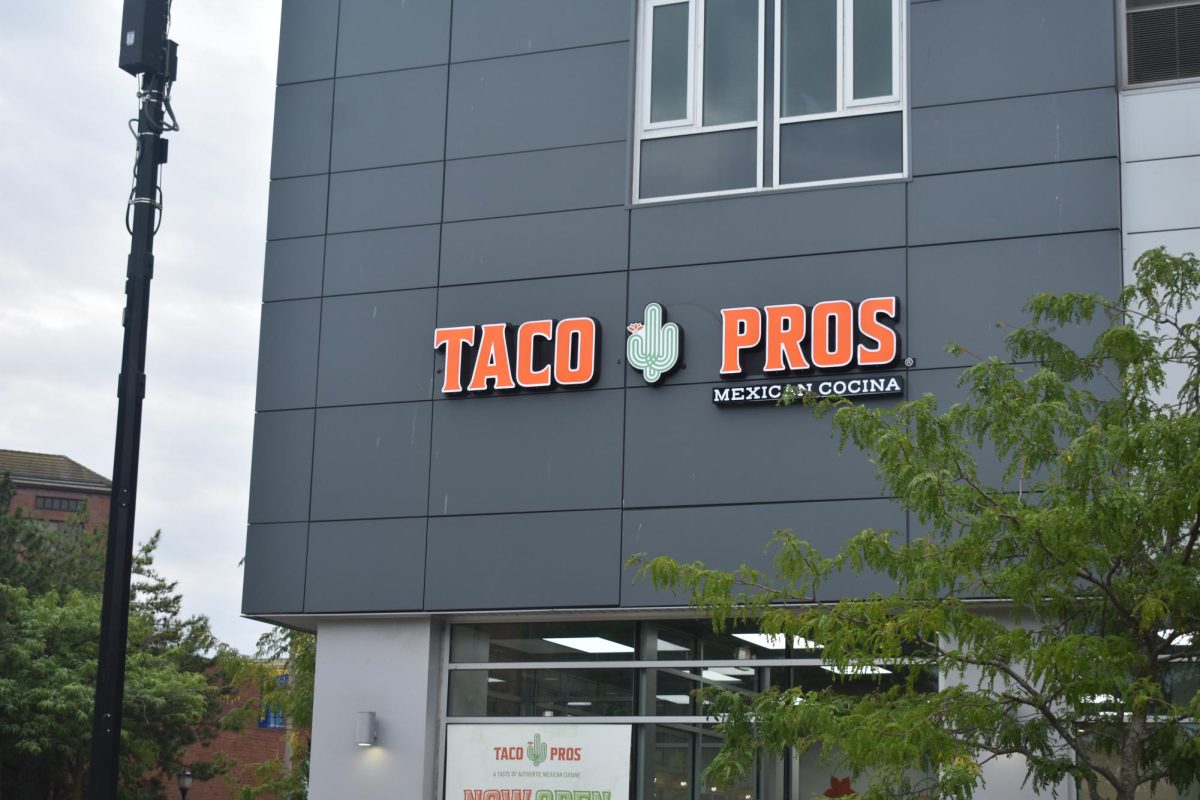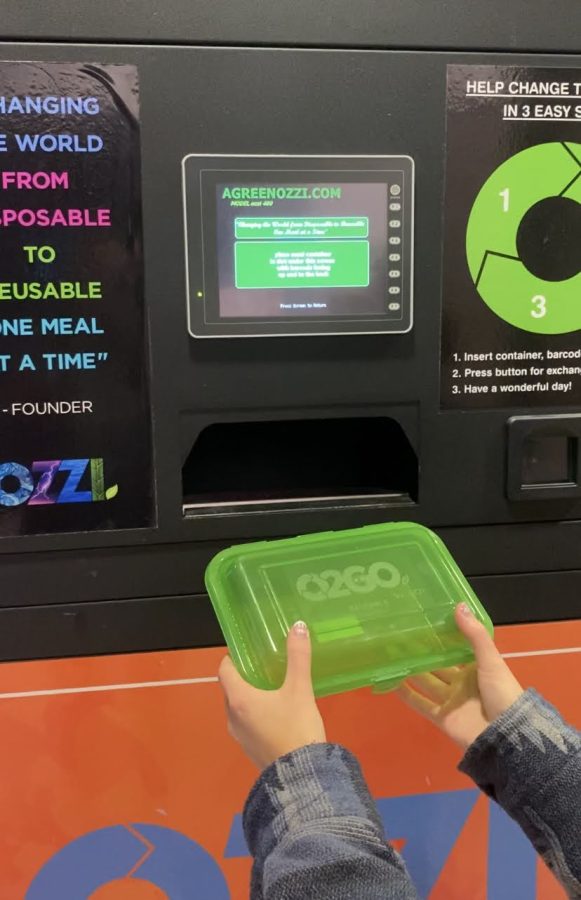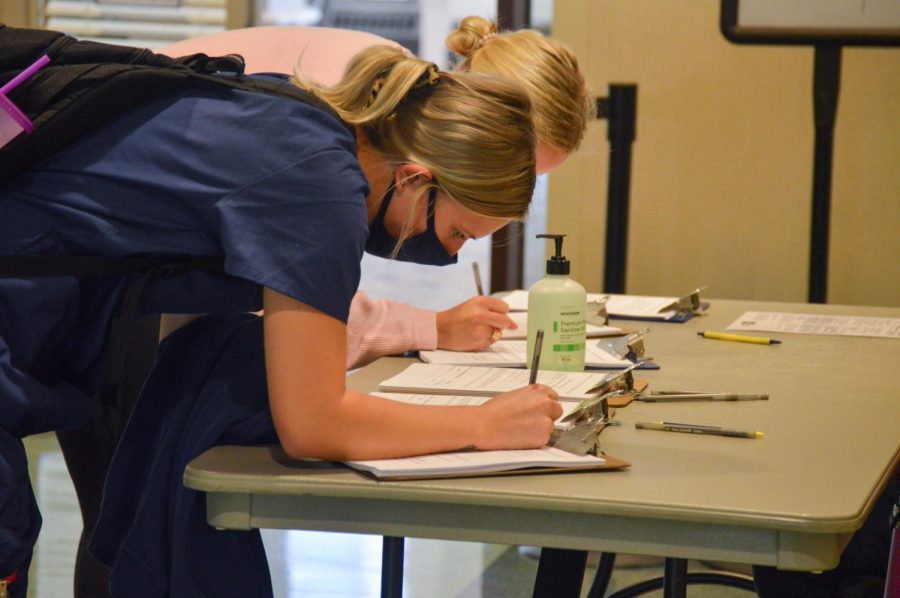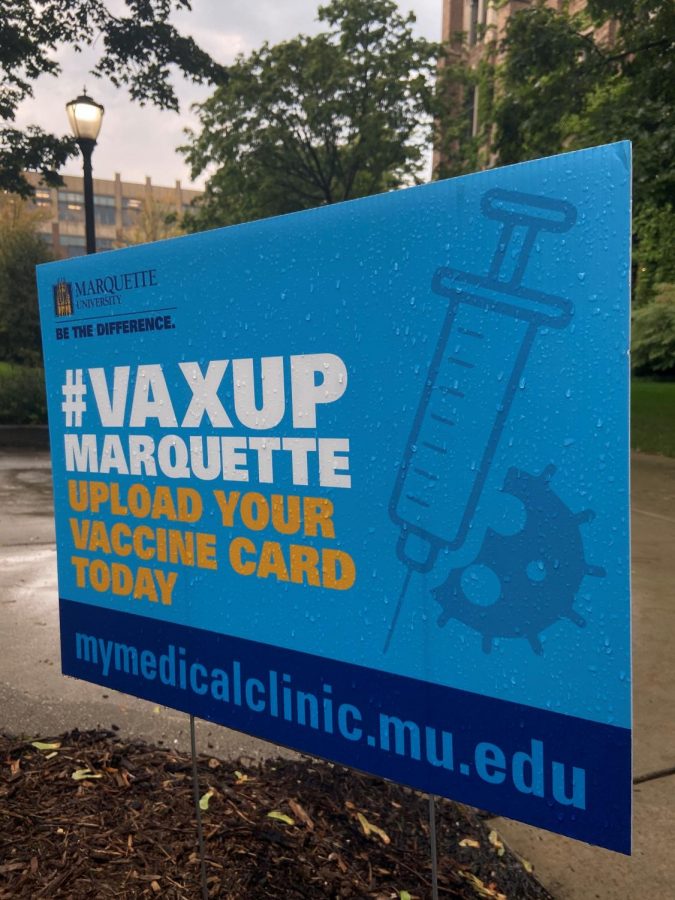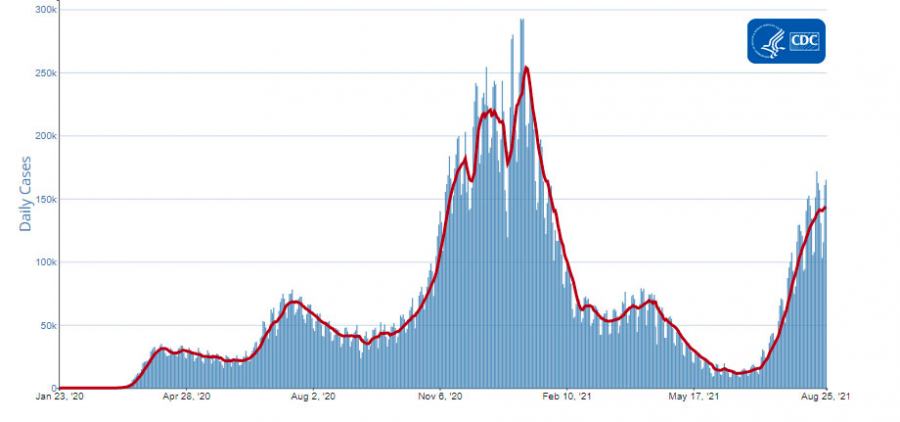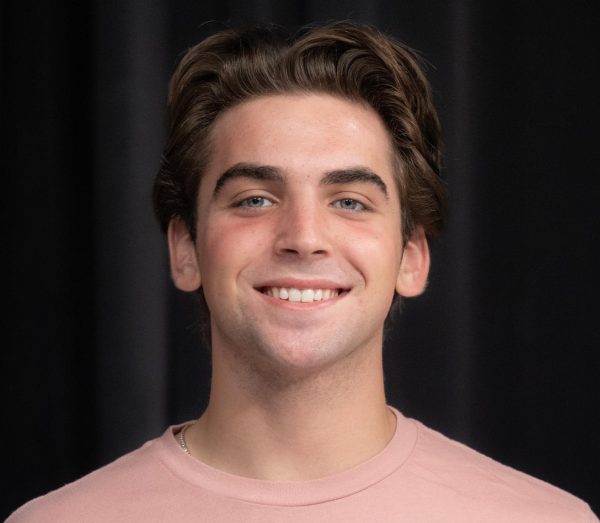The CDC has stated the the KN95 mask is the most effective.
Throughout the past few weeks, the Centers for Disease Control and Prevention have clarified numerous speculations, predictions and questions regarding masks.
The CDC stated that people can choose between N95 and KN95 masks as means of protecting themselves and that concerns over supply shortages of N95s will be lessened, as the Biden administration has made a pledge to send 400 million N95 masks to distribution sites nationwide.
Universities across the country, including Marquette University, enforced mask mandates on campus requiring masks be worn in all shared indoor spaces and campus facilities.
“I don’t see masks going away anytime soon,” Rylee Strick, a first-year student in the College of Communication, said. “Maybe next year they won’t be mandated but instead strongly recommended, but otherwise I really do not see them going away any time soon.”
Because of recent surges in the Milwaukee area due to the omicron variant of COVID-19, some students have mentioned the idea of upgrading their mask. There has also been a recent mask mandate that has been implemented in Milwaukee.
“I currently wear the regular cloth masks at the moment,” Alyssa Tobisch, a senior in the College of Communication, said. “I probably should move to a higher grade quality mask, but you know, I just wear a mask to keep people safe.”
The CDC has stated that the surgical N95s should be reserved for health care workers, but KN95s, which have a more relaxed fit, are effective as well.
Last semester, some locations on campus such as the Alumni Memorial Union and the Helfaer Recreation Center distributed surgical masks to students who needed them, but not KN95s.
However, as new information comes out regarding the effectiveness of N95 and KN95 masks, students, faculty and staff have demanded a change.
Earlier this month a petition was posed by Marquette Academic Workers Union after there was no mention of Marquette providing KN95 masks to students returning to campus. The petition demanded students and staff be provided with free KN95 and N95 masks as well as free at-home COVID-19 tests.
“I made sure I signed that petition,” Tobisch said. “I have been pushing this petition hard, and something I want to do later on is health advocacy and this is kind of a way to do that and help people get what they need in order to be healthy.”
The university confirmed Jan. 18 that KN95 masks had been ordered and would be distributed in various locations for “voluntary use.” There has been no mention of at home tests.
“I am definitely glad the school is going to be giving us the masks, because if you are going to enforce a mask mandate, it would be nice for us to get the most effective ones available,” Strick said.
Strick also said that with booster shots and a 94% student vaccination rate, the mandate might not be necessary at this point.
“I feel like since we are all vaccinated and Marquette is making us get our booster shot before we go back I feel like it should be strongly recommended because I feel like people are already around one another without masks, we should be able to in class settings as well,” Strick said.
As the beginning of the spring semester is underway, students will still have to follow the school’s mask mandate in all buildings, including classrooms.
Tracy Sturgal, a practicing professor in the College of Communication, said that for the most part students have been efficient in following the rule.
“I would say overall absolutely most students cared and wore their masks properly in class,” Sturgal said. “I know some students were unhappy with wearing the masks, but I do not think that equates with their care for one another in the classroom.”
Some professors have said that the problem is never people refusing to wear masks, but instead students failing to pull their mask up above their nose.
“The hardest part in the classroom, particularly the large lectures, is if you see a student’s mask drop below their nose which can sometime be difficult,” Sturgal said.
Sturgal said she never likes to call out a student individually for not wearing a mask in class. Instead she had a policy that she adopted: Remind, Request, Refer/Remove.
At the beginning of each class she reminds the class as a whole to ensure their masks are above their nose. If a student is not wearing it properly a teacher’s assistant will take note of it and remind them either in person after class or in an email. If it is becoming an issue in class with a particular student, they will then be asked to leave.
“Overall it has not been much of a problem, but I would be curious to see how other students would like professors to enforce the mask rule in their class in terms of reminding students of it,” Sturgal said.
Some students said that certain professors don’t even enforce the rule.
“In lecture, some of my professors don’t even wear their masks because they were up front, but in smaller classes they wouldn’t tell me to put it on, but they would motion to put in on to students so they weren’t calling anyone out individually,” Strick said.
While N95s seem to be the most effective masks, the CDC has stated that any mask that covers the mouth and nose is effective as well.
This story was written by TJ Dysart. He can be reached at theodore.dysart@marquette.edu




